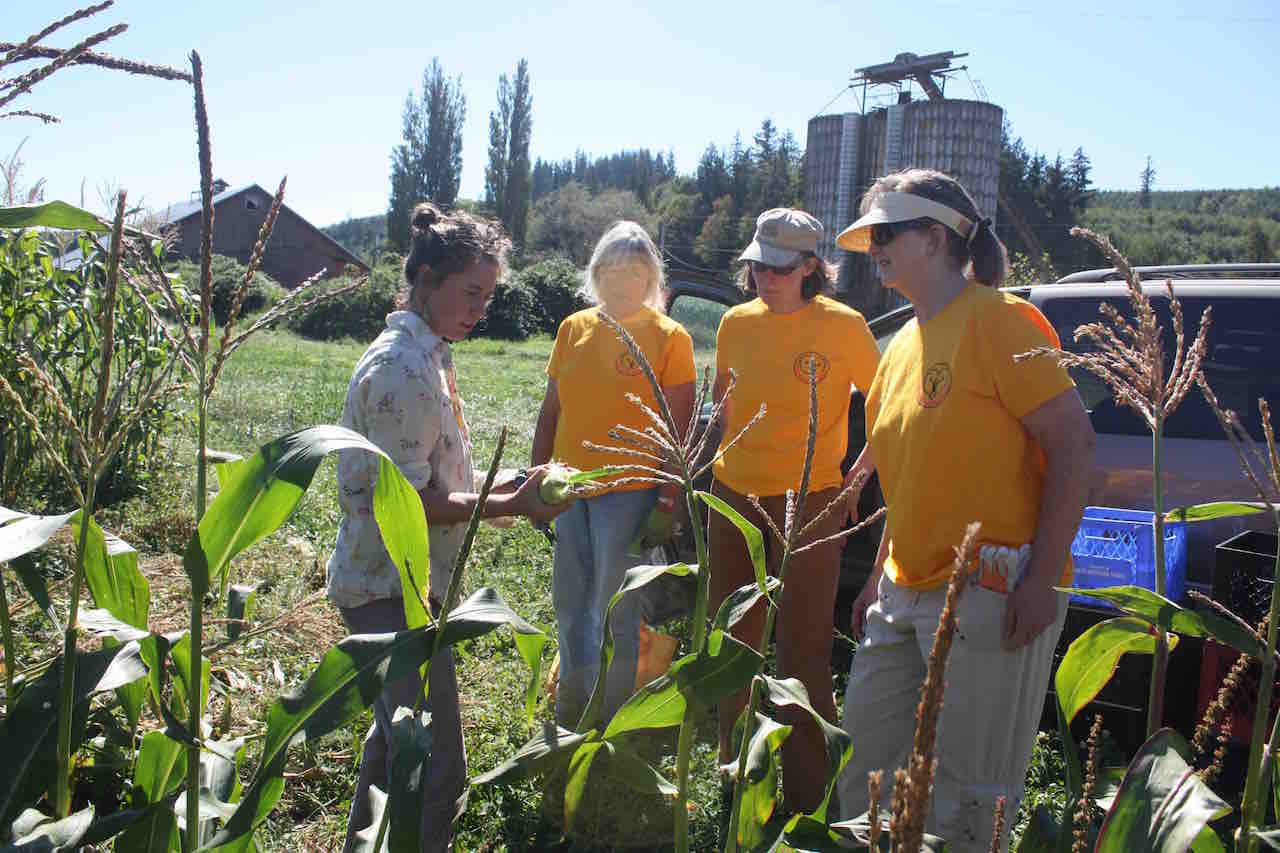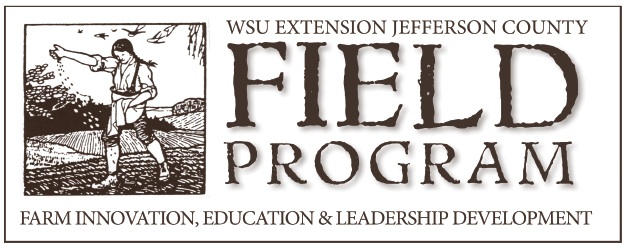Outreach
The first step to reestablish the gleaning program for the second harvest season is discovering all the farms that might be potential donors. Here on the Olympic Peninsula, several outreach methods were employed to establish the donor base for Jefferson County Gleaning Program. They included:
-
Contacting the WSU Extension service. They know most farms in the county, and worked with many of them, so they have good information on farms to contact.
-
Attending county-wide farm tours to get a feel for the different farms and make personal introductions.
-
Conducting basic internet searches and following farms on Facebook to familiarize yourself with their style and production methods.
-
Attending farmers markets and visiting different farm stalls.
-
Asking and networking with community members about the local agricultural offerings.
-
Physical visits to small farms in the winter to meet the farmers personally and talk about gleaning opportunities.

Before approaching any farmer about gleaning on their farm, you can start the relationship off right by understanding their methods of sale. It has been helpful here to be sensitive about what time of year/ what day of the week/ what time of day you call a farmer. Jefferson County Gleaning found that if a farmer is in a busy time of year, or in the middle of a farmers market harvest it is better not to call – you won’t get the information you’re looking for.
Jefferson County Gleaning also found that it can be beneficial to have an understanding of the scale of the farm when approaching with requests. Over the season, it became clear that a farm that produces solely for a CSA (Community Supported Agriculture) model will probably have less to share with gleaners because they can plan ahead and know exactly how much to plant in the spring. A farm that sells to grocery stores, wholesalers and at farmers markets are more likely to have crop abundance because they will likely try to plant more in the case it sells. With this in mind, you are better prepared to ask the farmer for a donation in the most sensitive possible manner.
Communication
Farmers around the Olympic Peninsula respond well to either email or phone communication. Initial contact was made, for the most part, by email and face-to-face (when possible). After that point, it depended on the style of the farmer. Some farmers who participated the gleaning project never once responded to email, as they preferred to receive phone calls. Consistent communication with the farmers was of absolute importance. There are many important responsibilities that occupy a farmer's time, and gleaners should make their involvement with the farm as easy and clear as possible.
Appreciation.JPG)
Although it may sometimes feel like the harvesters are doing all the work at a glean, it is important to not lose sight of the amazing gift that has been given. Farmers are sharing their crops with strangers, crops that they seeded and thinned and probably weeded, crops that might sit right in their home space. Understanding and appreciating this might be enough to keep a donor involved with a project.
Jefferson County Gleaners show appreciation through many verbal thanks while engaged in conversation. A handwritten note of gratitude is written along with the receipt for gleaned produce. In emails and texts throughout the season, a thank you is always included. Finally, at the end of the growing season, each grower receives a handwritten thank you note.


